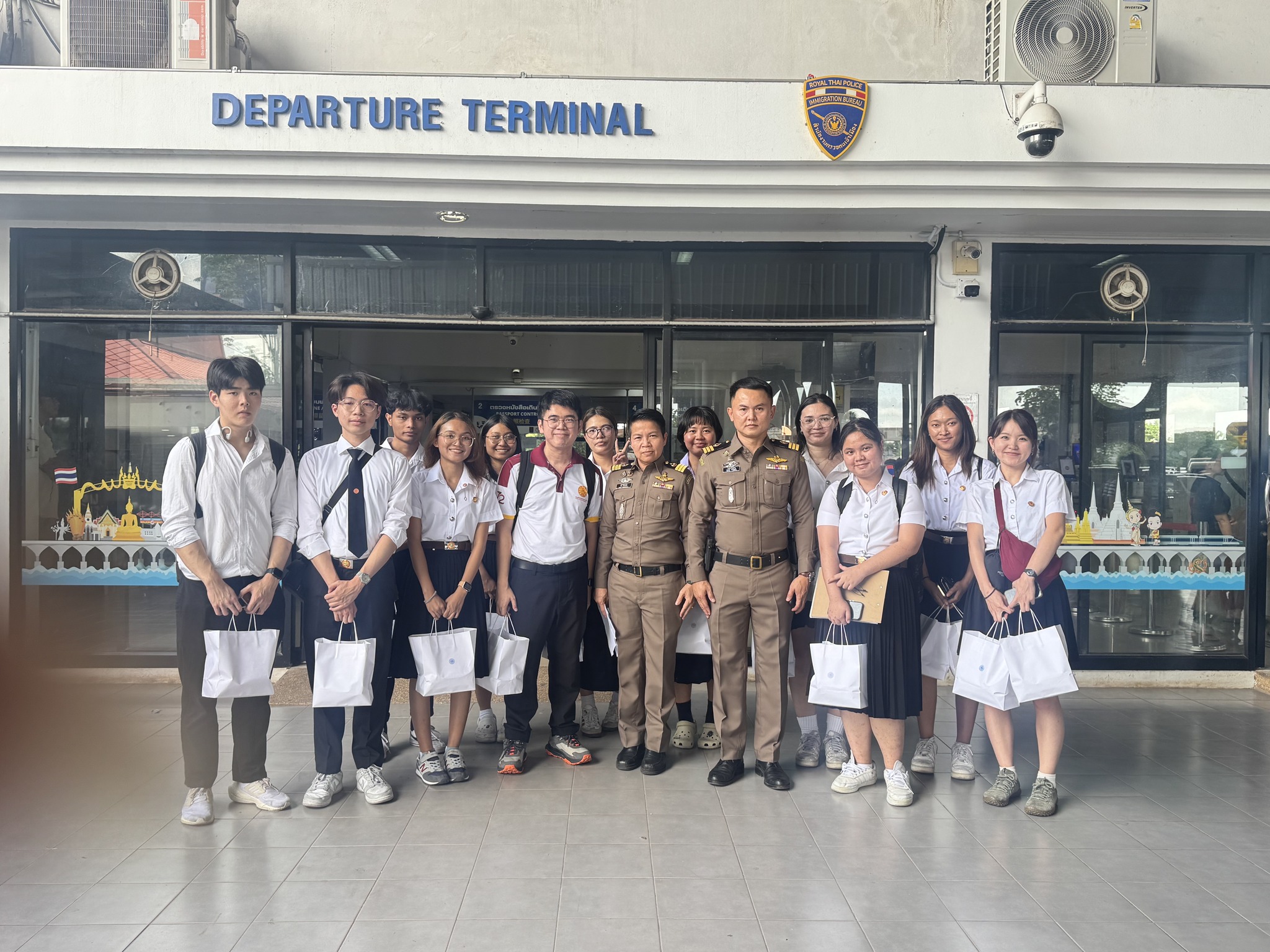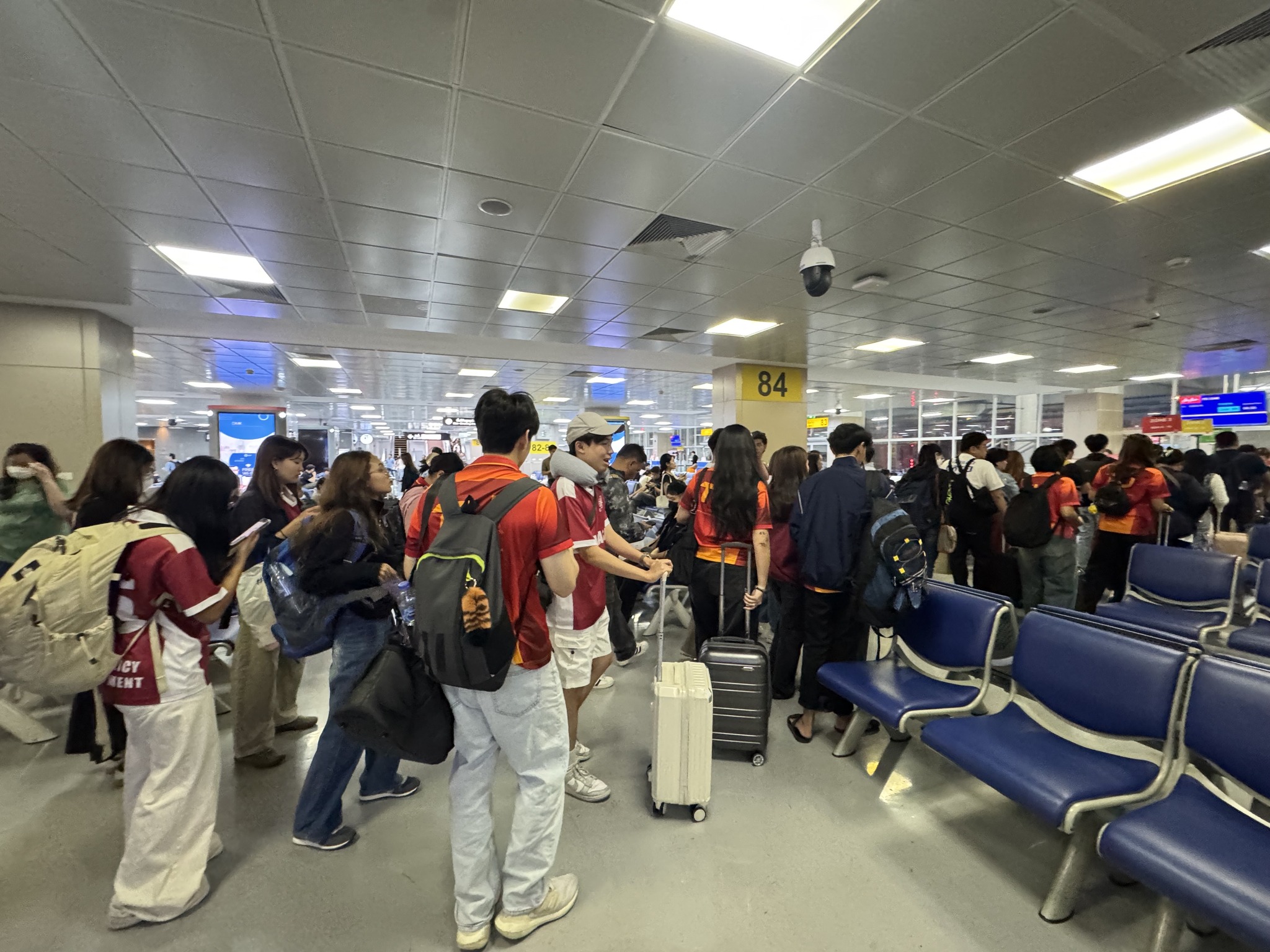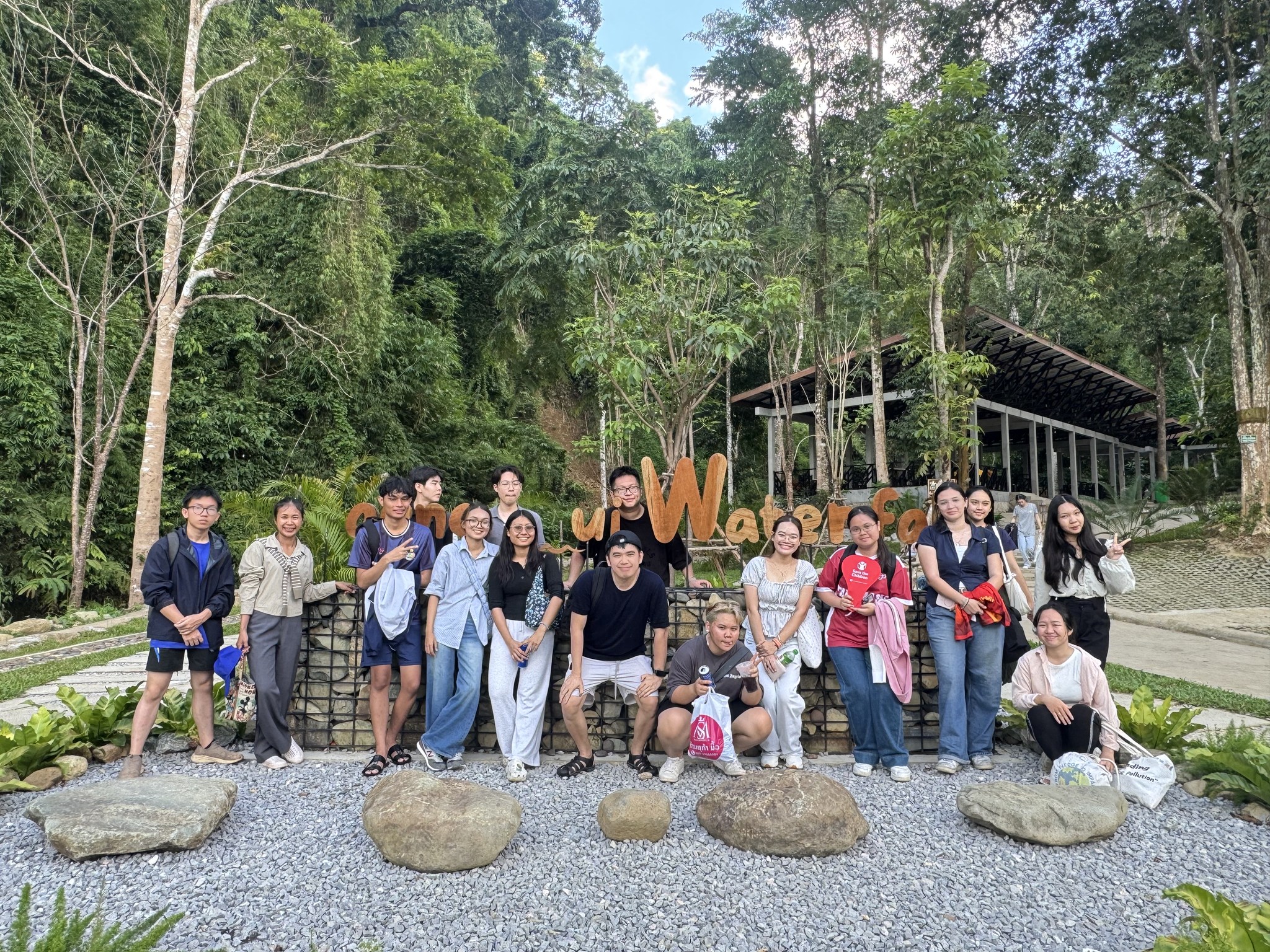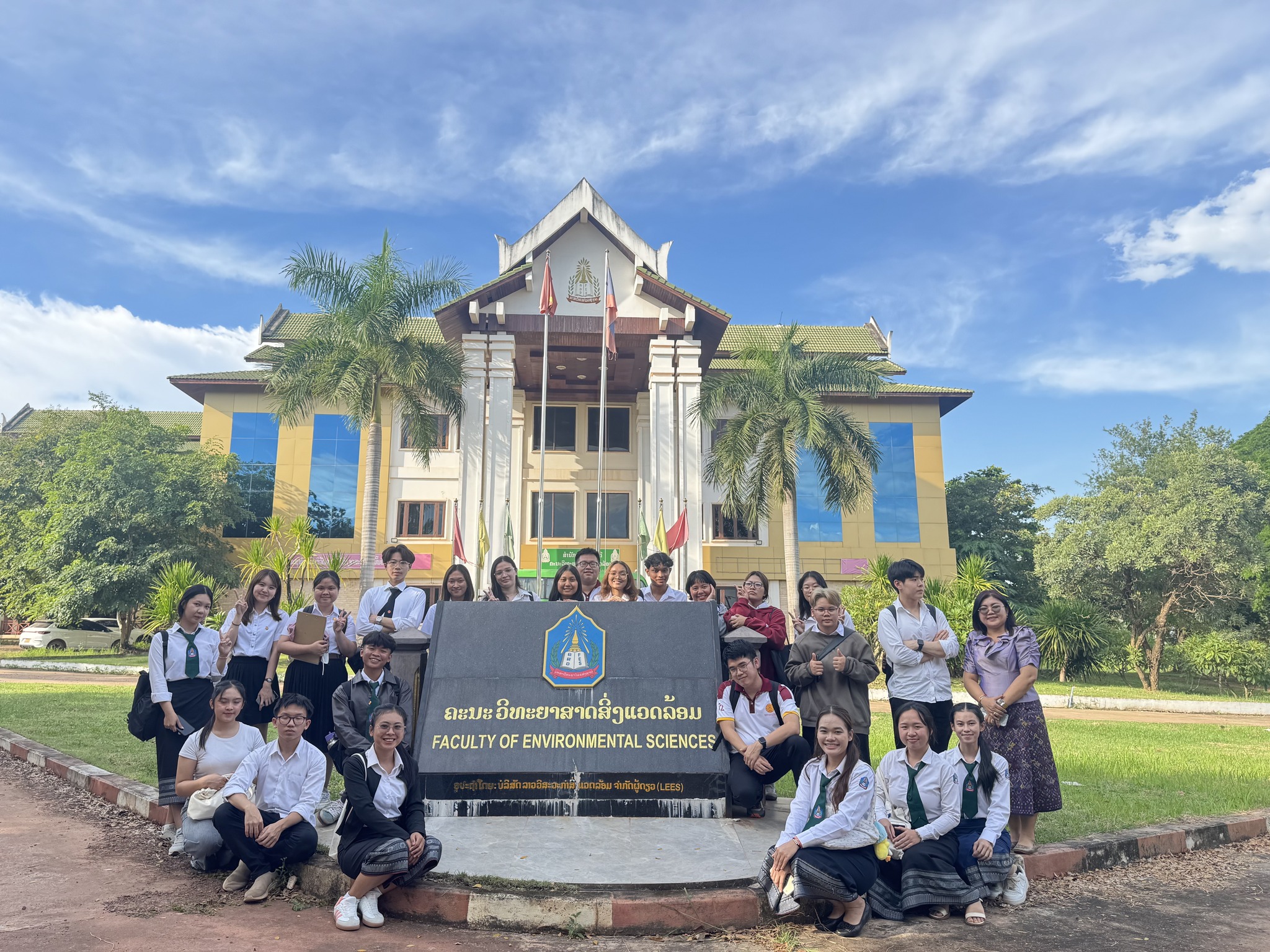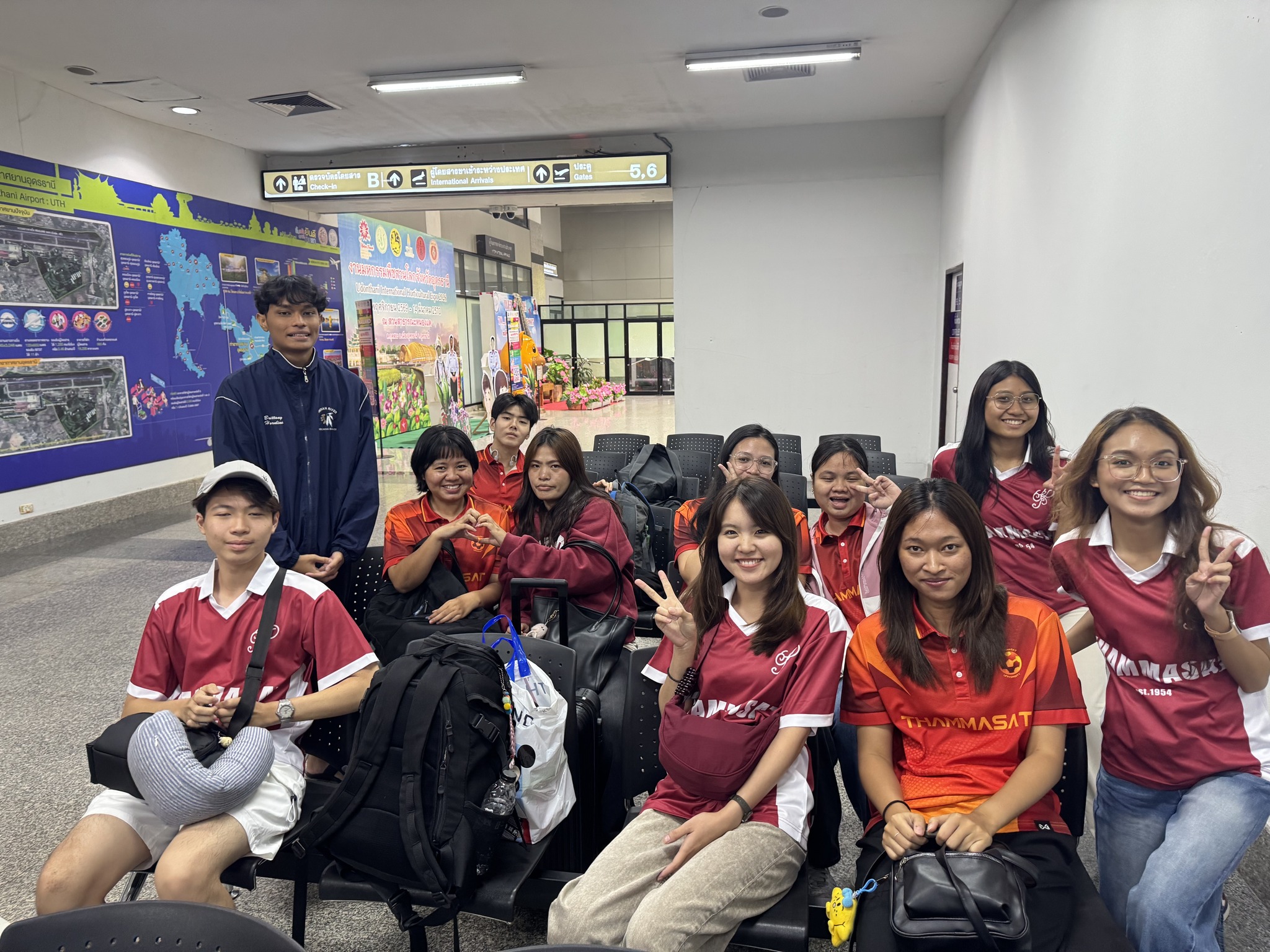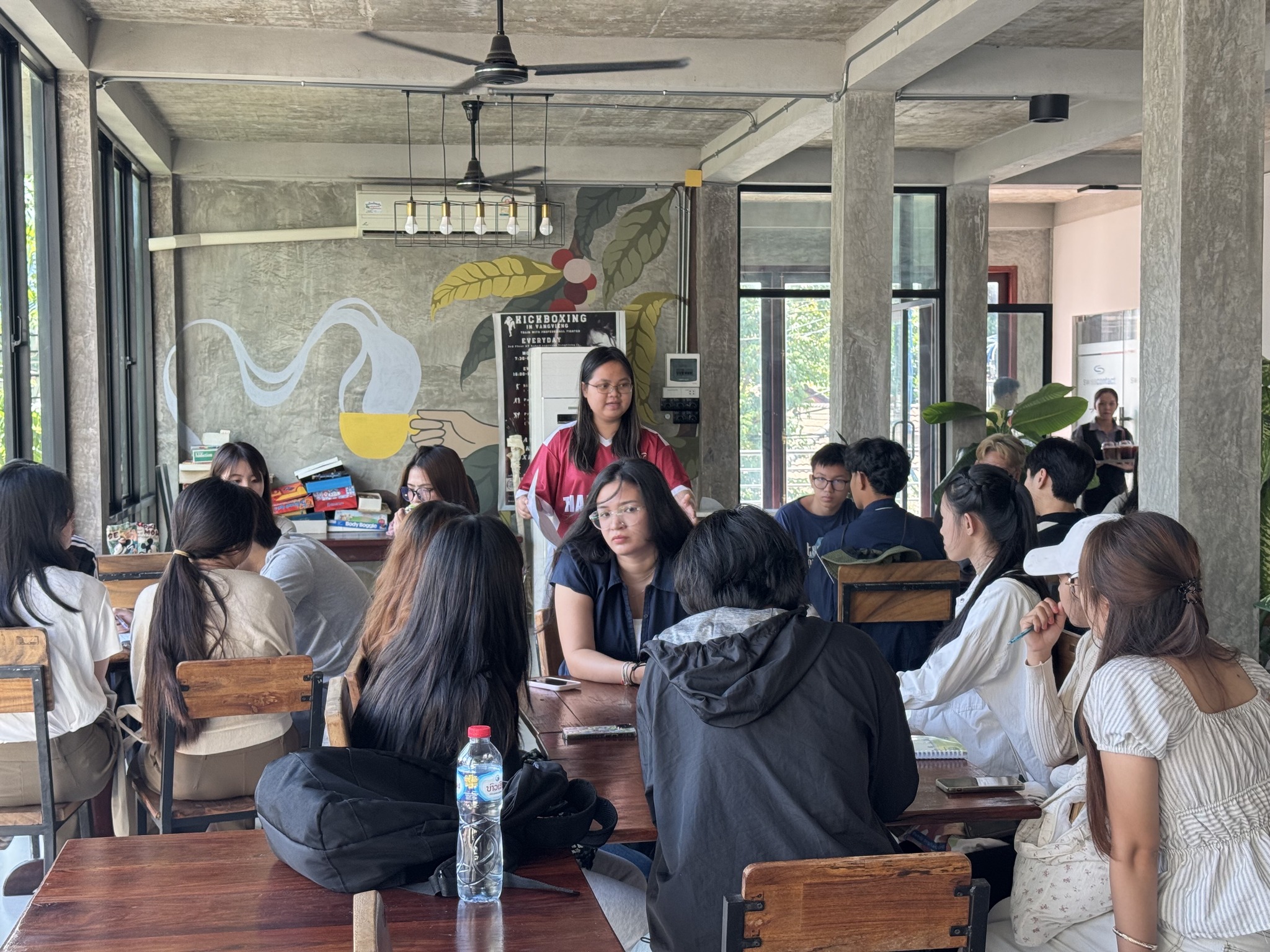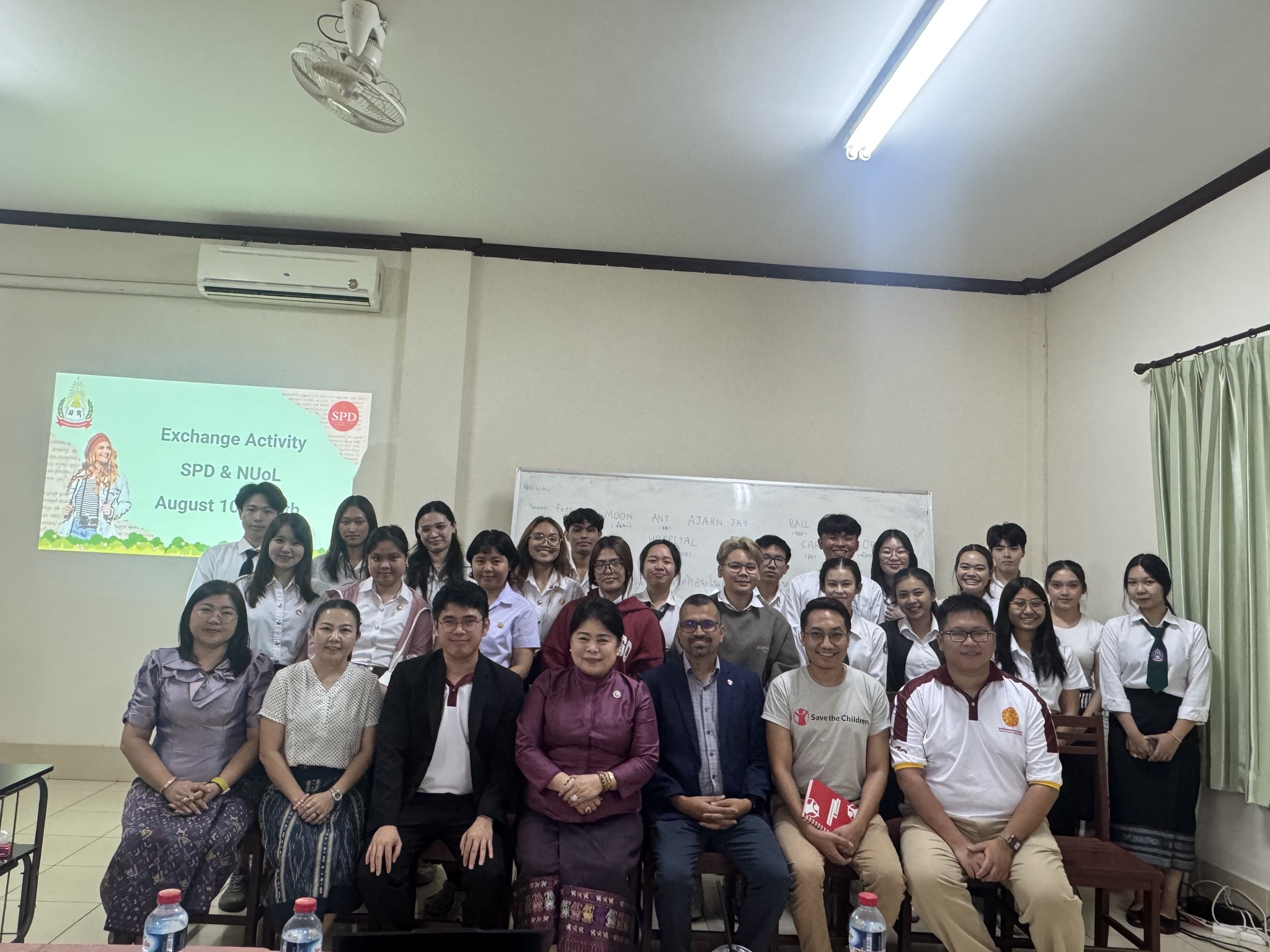SPD successfully organized the workshop “Climate-Induced Migration and Social Development in the Mekong Subregion,” 10–12 August 2025
The Social Policy and Development Programme (SPD), in collaboration with the Faculty of Environmental Sciences at the National University of Laos (NUoL), successfully organized a groundbreaking workshop titled “Climate-Induced Migration and Social Development in the Mekong Subregion” from 10–12 August 2025. The event provided students with hands-on learning opportunities through direct engagement with stakeholders and field activities.
During the workshop, students participated in discussions with representatives from the Thailand Immigration Office, gaining insights into immigration processes and challenges at the 1st Thai–Lao Friendship Bridge. They also visited sites in Vang Vieng alongside NUoL peers to examine Thai–Lao migration challenges, including issues related to gender and climate, youth, waste management, flooding, and overtourism.
In addition, students learned directly from lecture provided by:
• Dr. Ninpaseuth Sayaphonesy, Director General of the Women’s Development Department, Lao Women’s Union, who briefed students on the current situation, challenges, and empowerment strategies for Lao women amid climate change. Her remarks deepened students’ understanding of how gender, climate risks, and disaster responses intersect, providing a policy-maker’s perspective on women’s issues.
• Mr. Kuber Adhikari from Save the Children Lao PDR, who discussed the situation of children and youth in Laos, highlighting climate-related vulnerabilities and emerging needs. His session sparked lively discussions and strong student engagement.
A key highlight of the workshop was the project development session, where SPD and NUoL students collaborated to design prototype project ideas by applying the Theory of Change framework. Their projects focused on pollution control, tourism impact mitigation, and flood resilience, with mentoring support from Save the Children experts.
The workshop not only enhanced students’ understanding of climate-induced social issues but also strengthened collaboration between the Faculty of Social Administration and the Faculty of Environmental Sciences. This initiative is expected to further advance regional cooperation in responding to climate change.
